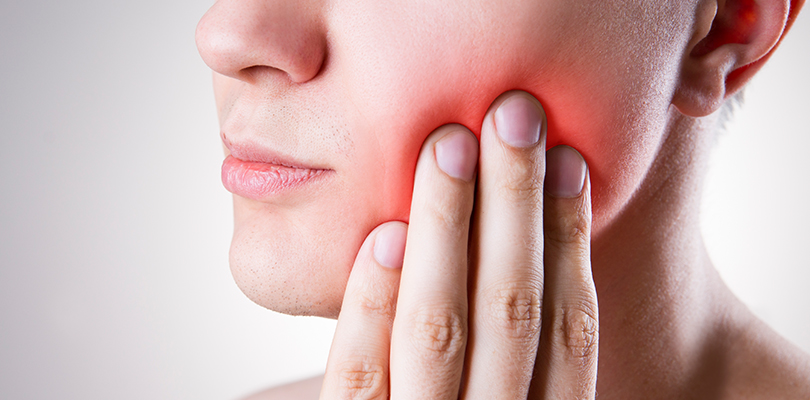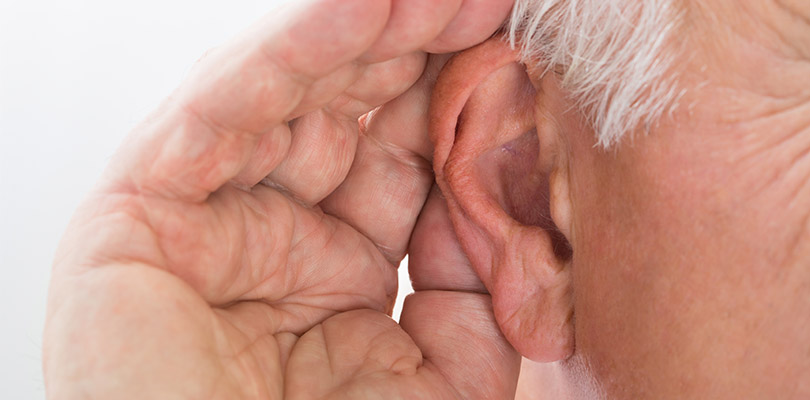Common Oral Health Problems
Proper oral hygiene can mean more than just having a great smile. In fact, it may be the one thing standing between you and a serious illness or infection.
It is amazing how oral health can impact many areas of the body that you may not even realize. Even things such as what you eat, your daily activities or even your genetics can play a substantial role in your oral health roadmap.
To prevent these problems, it is important to understand common oral health issues and what you can do to treat them or avoid them altogether.
Cavities
Most people have cavities at some point in their life. In fact, nearly 100% of adults worldwide have cavities. While cavities can be easily treated with caps or fillings to prevent ongoing damage, proper oral hygiene can help you avoid them altogether.
Regular flossing and brushing with low-level fluoride toothpaste can preserve your teeth and protect them against painful cavities.
Additionally, it is important to teach young children the proper techniques for teeth brushing as well as flossing. The earlier good oral hygiene is introduced, the more likely they will be successful in preserving their teeth.
Dental Caries
Dental caries is a result of tooth decay and is the number one reason for tooth loss in children under the age of 12.
It is caused by a certain strain of bacteria called streptococcus mutans. Of course, the mouth is a haven for bacteria, so regular brushing and flossing will significantly reduce your chances of allowing this particular strain to impact your teeth and gums.
Mouth Ulcers
Mouth ulcers are painful lesions that can make it incredibly painful to eat, drink, or talk.
Many factors may contribute to the development of ulcers such as:
- Brushing too hard
- Minor injuries
- Lack of essential vitamins
- Due to other infections
To help avoid mouth ulcers you should protect your mouth, properly clean your teeth and gums, and make sure that you are consuming enough vitamins. For many people, a simple rinse with salt water and baking soda will help with recovery.
However, if you experience persistent mouth ulcers or they become infected, you should seek medical help right away.
If you're having trouble falling or staying asleep, you might benefit from using sleep aids. There are many options available, so read on to learn more.
Gingivitis
Gingivitis is a type of gum disease that occurs when bacteria settles in the gums and mouth.
The tell-tale signs of gingivitis include inflammation, bleeding gums, and swelling.
In many cases, gingivitis is caused by lack of proper flossing and brushing. It is reported that up to 90% of adults have gingivitis and if left untreated, it will develop into periodontal disease.
It is also important to note that the American Academy of Periodontology indicates bacteria that is present from gingivitis may cause pneumonia if breathed into the lungs.
Periodontal Disease
Swollen, red, and bloody gums could indicate periodontal disease. While there may be a genetic factor, by most accounts, periodontal disease is avoidable.
Typically, people who suffer from periodontal disease exercise poor dental hygiene or a low-quality diet.
It is critical to have the infected area treated by a dentist as soon as possible. Failure to seek proper treatment may lead to deterioration of the jaw bone or even become a risk factor for heart or lung disease.
In some cases, the treatment plan may include a deep cleaning and antibiotics for the infection. However, in mores serious situations surgery may be necessary.
Dental Trauma
Children are at especially high risk for experiencing dental trauma at some point during their adolescence. Unsafe playgrounds, car accidents, sports, and violence are the usual causes of dental trauma in young children.
It is important for parents to warn children about the dangers of risky play and the importance of wearing proper mouth protection while playing contact sports.
Dental trauma may require surgery, so immediate care is critical to prevent further damage.
Oral Cancer
Unfortunately, oral cancer occurs in up to 10 cases out of every 100,000 people world wide.
Oral cancer can lead to surgery, removal of teeth and/or bone, or even death. The leading cause of oral cancer is the use of tobacco and alcohol. It is critical for your overall health to avoid smoking and limit the use of alcohol.
What You Can Do
Proper dental care is essential if you want to avoid many of the leading oral health problems.
Brushing, flossing, and limiting acidic foods can go a long way in protecting your teeth. Furthermore, using mouth guards during contact play can help protect your mouth against possible injury. You should also avoid tobacco as it may indeed cause many health issues, including those that impact your teeth, and gums.
Above all else, if you experience an injury or signs of infection is necessary to seek proper dental care right away. It is recommended to include regular dental check-ups as part of your healthcare routine.
It is important to remember that failure to take care of your mouth could lead to even more severe health problems in the future.







